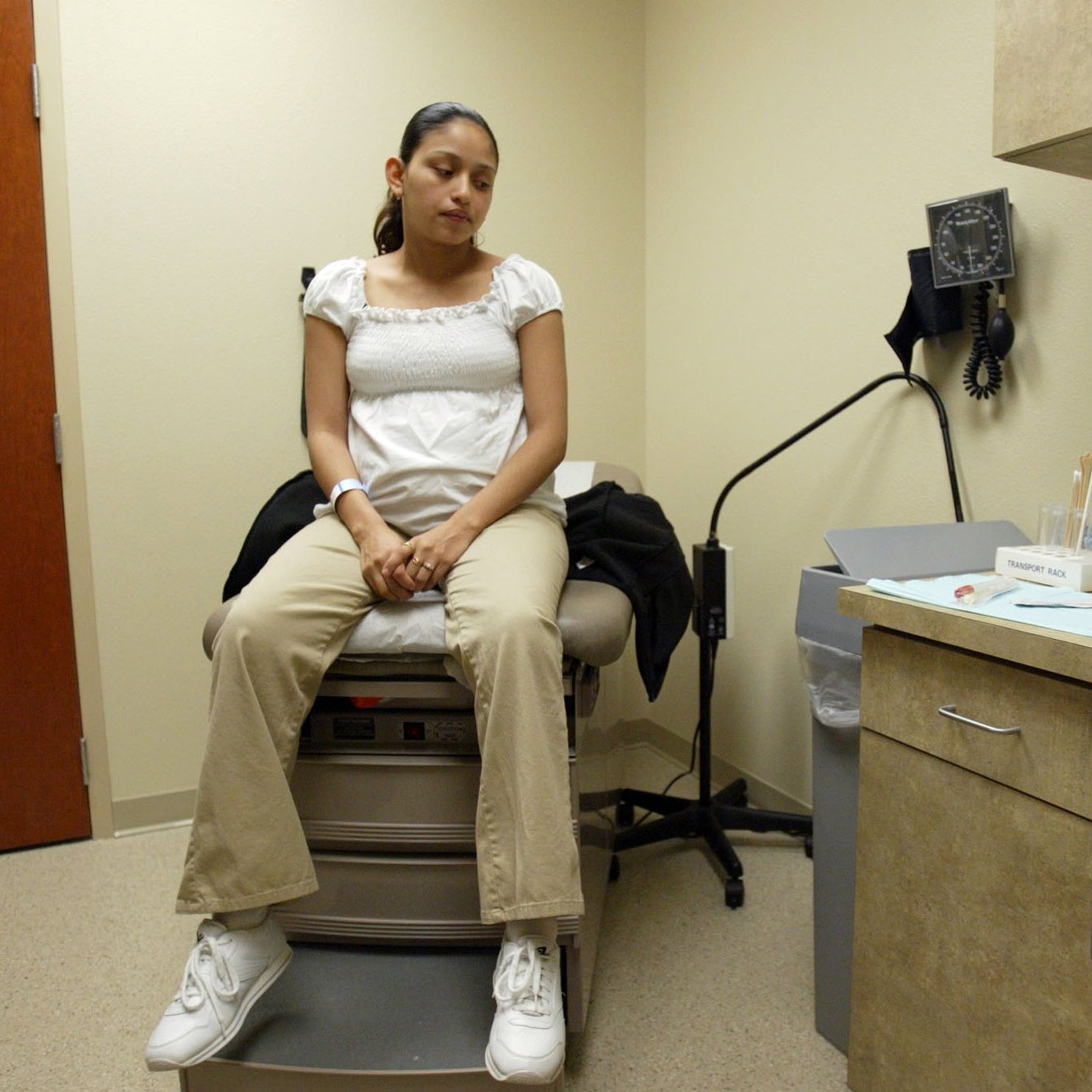 A new report from the federal Substance Abuse and Mental Health Services Administration (SAMHSA) finds that among the 57,000 teen girls who seek treatment for substance abuse every year, roughly 2,000, or about 4 percent, are pregnant.
A new report from the federal Substance Abuse and Mental Health Services Administration (SAMHSA) finds that among the 57,000 teen girls who seek treatment for substance abuse every year, roughly 2,000, or about 4 percent, are pregnant.
The report, “Characteristics of Pregnant Teen Substance Abuse Treatment Admissions,” examined findings from SAMHSA’s national Treatment Episode Data Set (TEDS) over a three-year period, from 2007 to 2010. According to the new findings, pregnant teenagers seeking admission into substance abuse treatment programs were approximately three times as likely as non-pregnant teens seeking the same services to rely upon public assistance as chief income sources. Researchers also found pregnant teens were less likely to be enrolled in school compared to others seeking treatments; while nearly three quarters of teen admissions who were not pregnant and not in the workforce were students, the SAMHSA report revealed that only about a half of pregnant admissions not in the workforce were currently students.
While overall rates of drug or alcohol use for pregnant teens was lower than that of non-pregnant admissions, at rates of 51 percent and 71 percent, respectively, the percentage of pregnant teens that reported using drugs or alcohol daily before receiving treatment were fairly similar — for pregnant teens, almost 20 percent, and for non-pregnant teenagers, nearly 25 percent.
For both pregnant and non-pregnant teens, SAMHSA reported that marijuana, used by about seven out of 10 girls in either population, was the most commonly-used substance among treatment seekers. However, the report revealed that pregnant teens, at a rate of 17 percent, were two times more likely than non-pregnant teens to seek treatment for either amphetamine or methamphetamine use.
“It is critical that pregnant women of all ages have access to prevention, support and recovery services that meet their specialized needs,” Pamela S. Hyde, SAMHSA administrator, said in a recent press release. “Community programs that can address the needs of pregnant teens by providing them both access to substance abuse support services and specialized pregnant and post partum services can help ensure that these future mothers and their children live healthier, happier and more productive lives.”
Photo by Jessica Kourkounis / Fort Worth Star-Telegram































